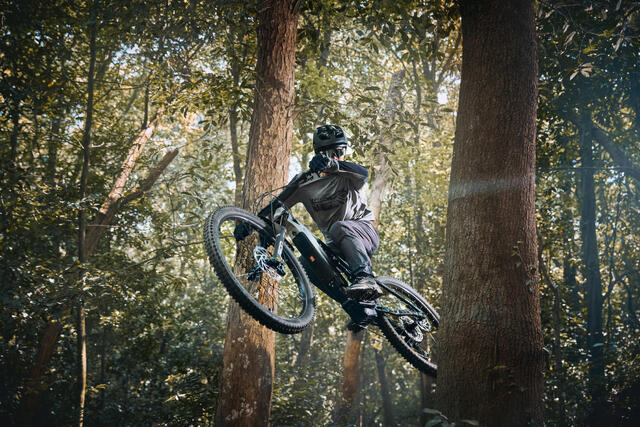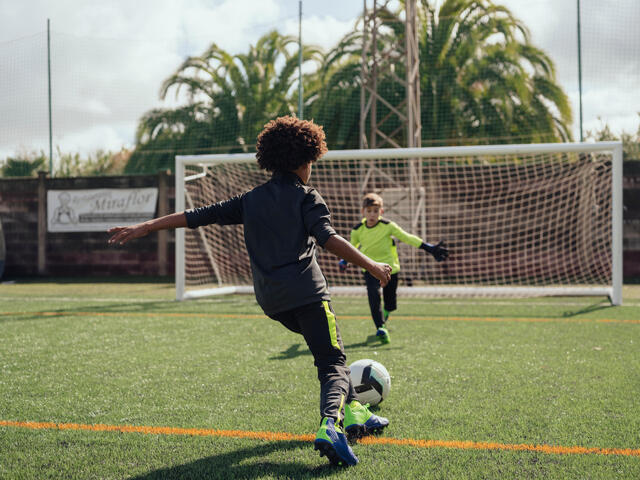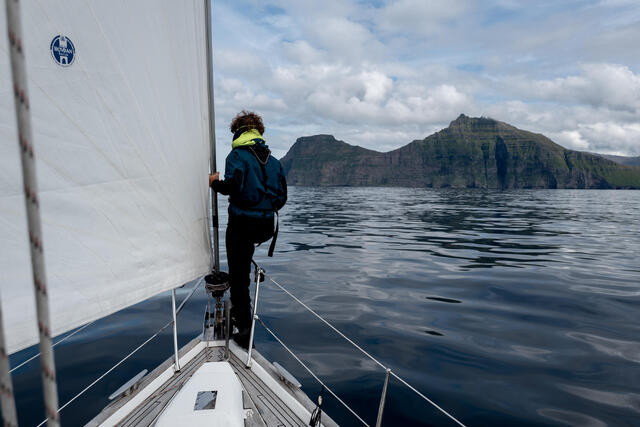What is Predator Fishing?
Many anglers enjoy the challenge of predator fishing as these species are often considered to be more difficult to catch than other types of fish. Predator fishing usually includes pike, musky, bass and walleye and can be done in fresh and saltwater.
Anglers use either trolling, casting or jigging depending on the type of predator fish they’re looking for as well as the fishing conditions in terms of location, seasonality, time of day and more.


















